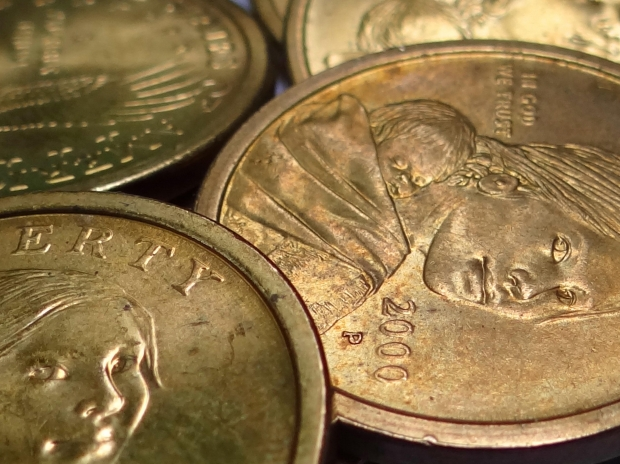
Might one crime have influenced the course of the Civil War? Yes, according to one researcher. The 1864 Gold Hoax blew a cannon ball through Lincoln’s efforts to build up the Union troops. It also highlights one of the strangest coincidences in the war. And this week marks the hoax’s 151st anniversary.
Shocking News about the War Drove up the Gold Price
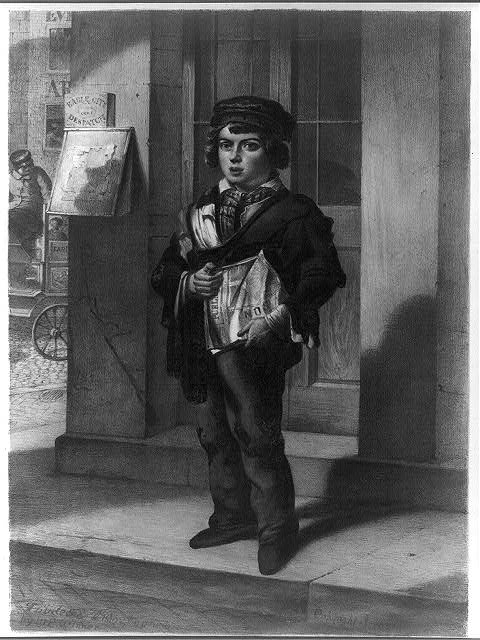
It all started on May 18, 1864. At that time, things were starting to look good for the North. Grant had just led the Army of the Potomac into Virginia and was pursuing Robert E. Lee. But two New York newspapers shocked readers with a press release from the White House. It painted a negative picture of the war in Virginia. Lincoln purportedly called for a day of fasting, humiliation, and prayer in response to recent Union defeats. He also called for 400,000 extra troops, threatening a draft should the states not be able to raise their quota of volunteers.
The press release’s cannon ball first sailed through the stock market. Bad news often makes the market volatile, and this case was no different. Gold, one of the safest investments, shot up 8% overnight.
The Press Release was a Hoax
But one thing was amiss. Why had only two newspapers printed the story? Investigation quickly uncovered a hoax. The press release was a fraud, written to appear like an Associated Press release. But the Associated Press repudiated the release.
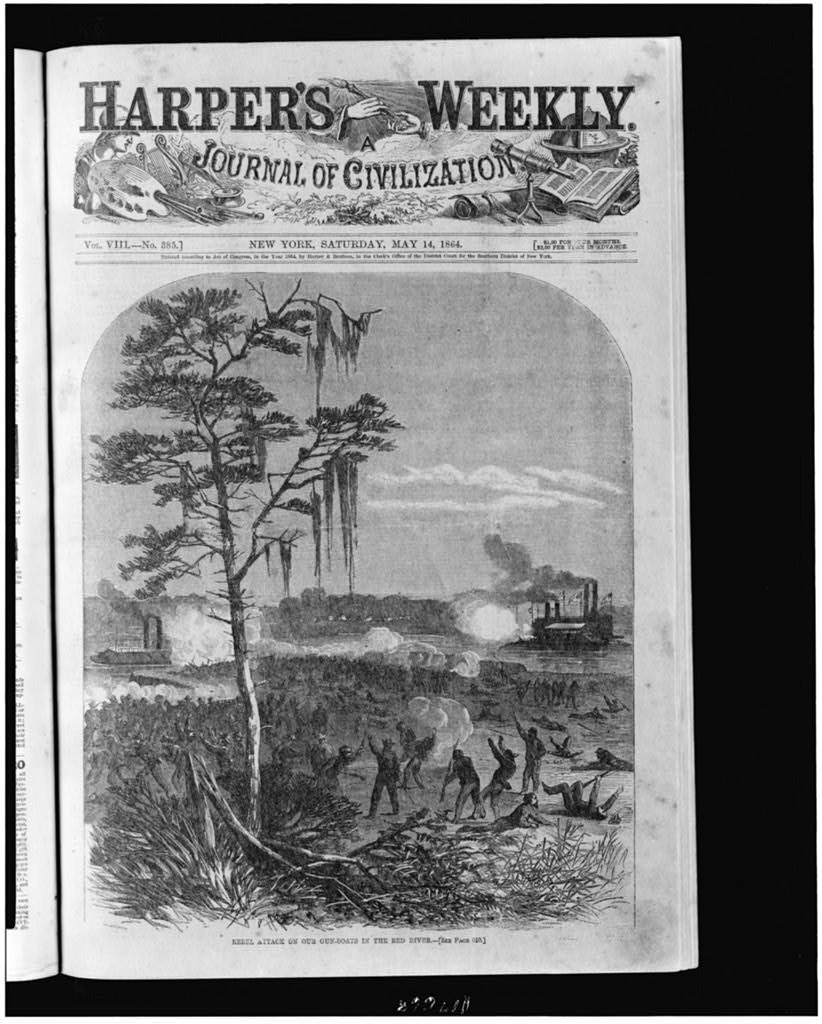
Someone had delivered it to the papers at 4:00 a.m., between the departure of the night staff and the day staff. That left the night foreman to make the decision about whether to publish it. And the foremen for two papers were duped.
Now the cannon ball sailed into the federal administration. Secretary of War Edwin Stanton called it “a base and treasonable forgery.” He sent a dispatch the Associated Press to repudiate the forged executive announcement. President Lincoln was furious about the hoax, and in a controversial move, ordered the arrest of newspaper personnel and even closed down the Independent Telegraph Line. New York papers offered a thousand dollars for discovery of the culprit.
More Precisely, it was a Gold Hoax
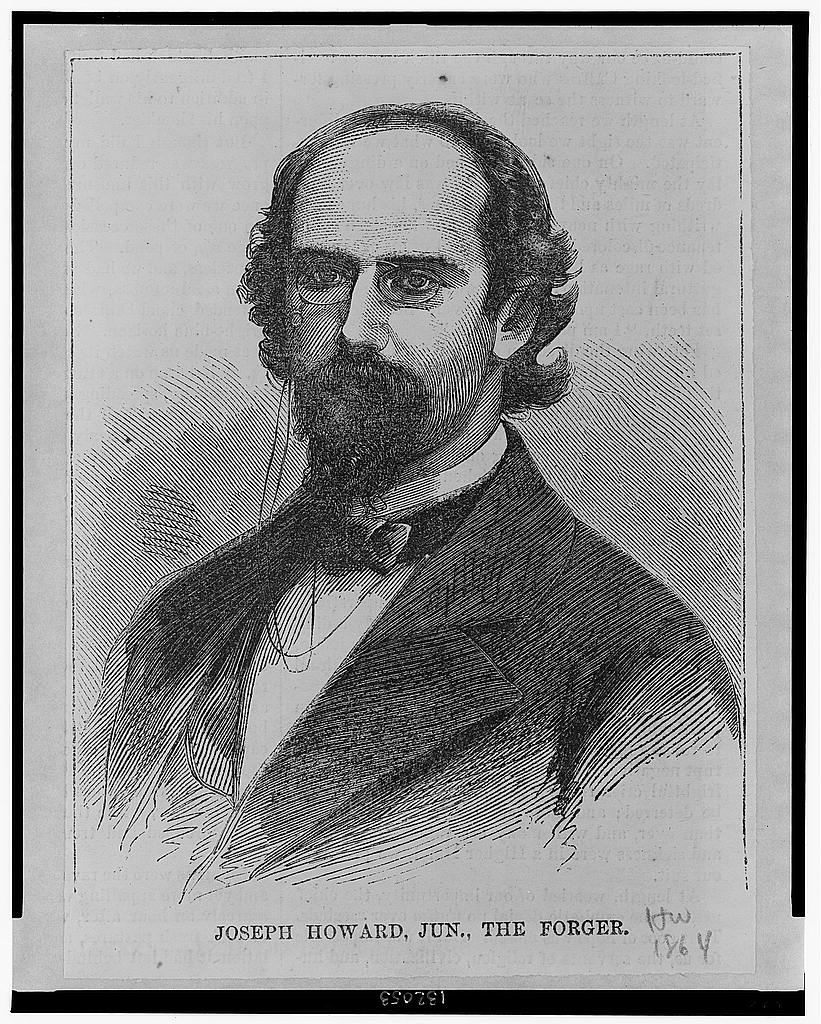
Detectives quickly honed down on the offender. Joseph Howard, editor of the Brooklyn Eagle, confessed. He had invested in gold and wrote the forged press release to drive the gold price up. And he knew the newspaper industry well enough to know that the early morning was a good time to send a fraudulent release.
Lincoln released Howard from prison less than three months later. And two months after the gold hoax, Lincoln did issue a proclamation calling for 500,000 volunteers.
The May 17 Coincidence
Much later, the discovery of a document signed May 17, 1864, the very same day as fake press release, brought more of the story to light. It was a presidential order for drafting 300,000 more troops. And it should have been made public May 18, the same day the gold hoax hit the papers.
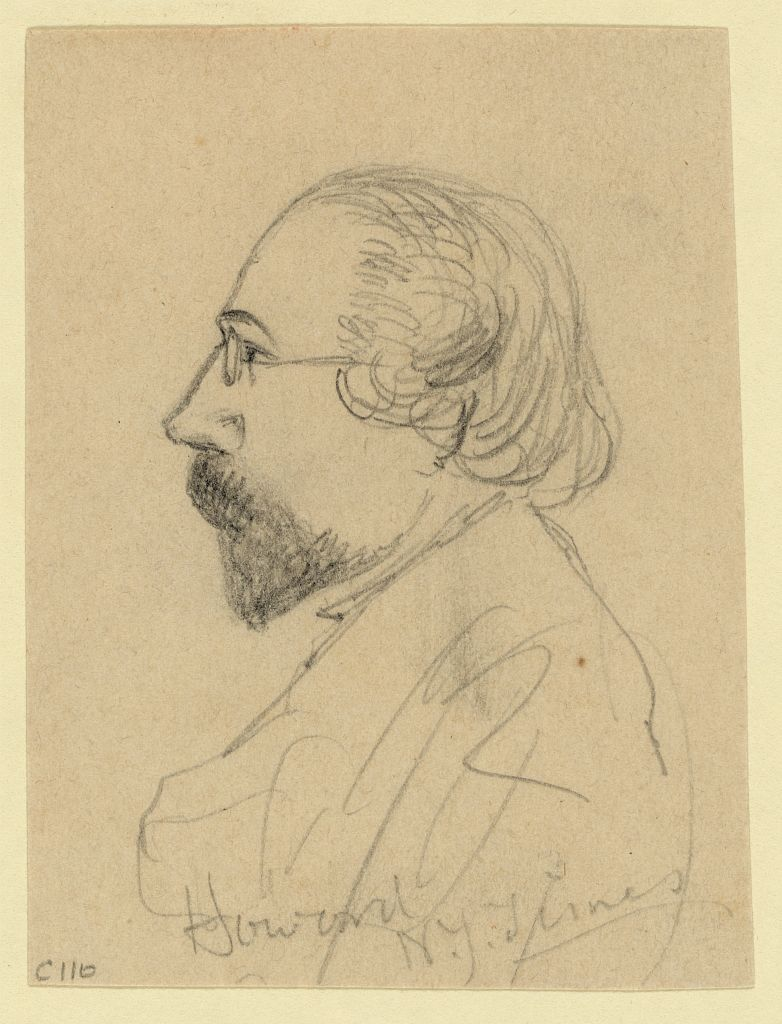
Lincoln’s May 17 order is missing from the Official Records, and one historian has surmised that was due to the gold hoax. Howard had unknowingly preempted Lincoln’s authentic order, and Lincoln apparently waited two months for the furor to die down before issuing a new order.
But did the gold hoax cannon ball fly even further, impacting the outcome of the war? During the two-month period between the hoax and the new order, the Union army suffered a manpower shortage. General Grant was pleading for new troops. Had Joseph Howard never perpetrated the gold hoax, what difference would Lincoln’s extra 300,000 troops have made in May and June 1864? We will never know. That is one of the riddles of the Civil War.
Literature on point:
Webb Garrison, Creative Minds in Desparate Times: The Civil War’s Most Sensational Schemes and Plots (Nashville: Rutledge Hill Press, 1997)
Abott A. Abott, The Life of Abraham Lincoln (New York: T. R. Dawley, 1864)



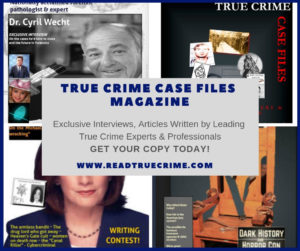
Did Howard get a chance to sell his gold at a profit? Then we can figure out if crime pays or doesn’t pay.
I don’t think so. He got caught fairly quickly. And crime never pays!